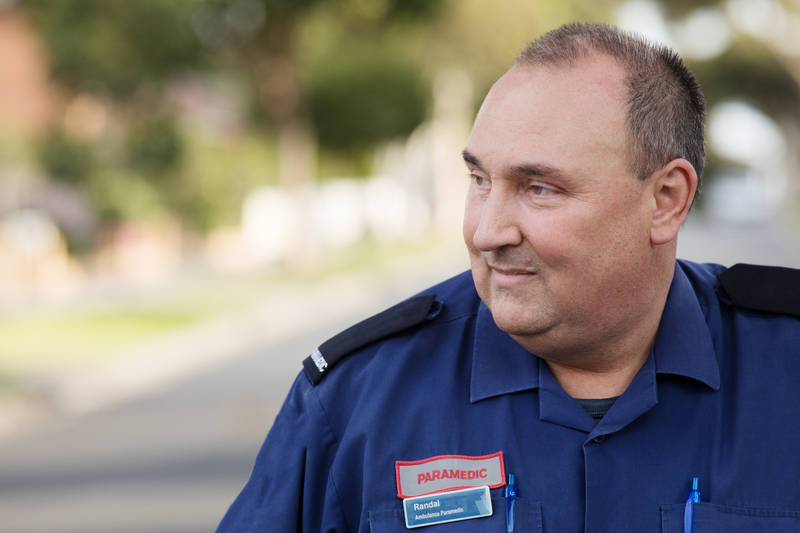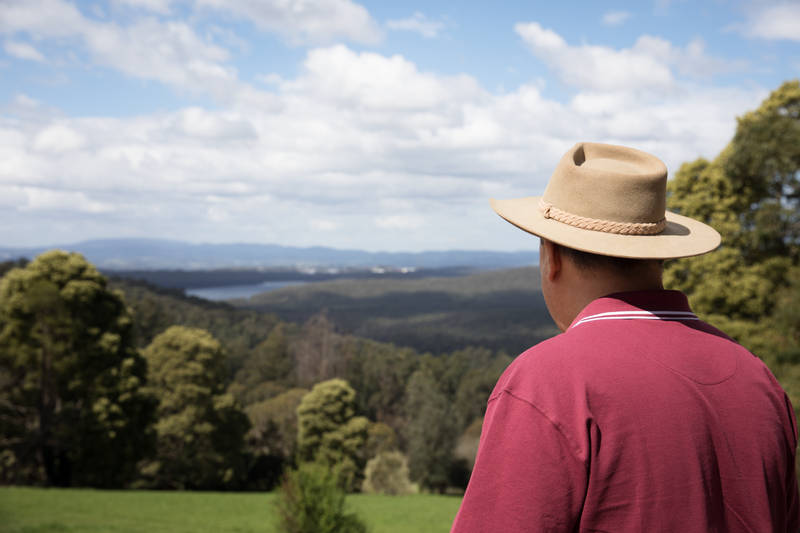Planning for the unpredictable
When 51-year old Randal was told he had a chronic urinary retention, he didn’t like the idea of having to use catheters. With his educational background as a nurse, Randal knew that catheterization was easy to learn and manage - but with an on-the-go job as a paramedic, this didn’t fit into his life. How could he ever work an unpredictable 10 or 12-hour shift again?
Despite his scepticism, Randal was determined to find a normal routine, that would enable him to keep being mobile:
I had to learn how to cath on workdays. I needed to gain independence from actually knowing that I could go places and being able to go to the toilet without having to struggle or wait until I get home again. So now I try to plan for four-hourly.

Returning to work with a pocket full of catheters
Although Randal preferred to catheterize in a comfort zone – a place where he felt at ease - he soon realised that he would need to learn to do it on-the-go. With an unpredictable workday, he needed to create the best conditions for himself - whenever and wherever:
As I can’t really plan, I just need to make sure I have the equipment, so I'm not limited to where I go. So essentially, it's just having the equipment with me. During my 10 or a 12-hour shift, I have my catheters in my work bag or in my pocket and some wipes in a zip lock bag. When I then have access to a toilet I can quickly set myself up there, without anyone knowing and be back to work within no time.

A new outlook on life
Over time, Randal’s feelings about catheters has changed and he has gotten fairly used to his new life in a relatively short amount of time he has lived it. After learning to catheterize on-the-go, he no longer feels constrained. On a daily basis, Randal has found that cathing has eased his lifestyle. He is now able to enjoy his independence – and is optimistic about the future – just as he used to before catheterizing became a part of his everyday life:
It doesn't take much effort at all. Being able to pop a catheter in my pocket and just go to the toilet and use it just like anyone else goes to the toilet just frees up your lifestyle. This means you can get out of the house and not be stuck at home wondering how long you'll be until you get to the next toilet. I love Australian history, so I love to go and learn things in my own area. I can go bush-walking in the Australian nature. I’m more mobile than I thought.
